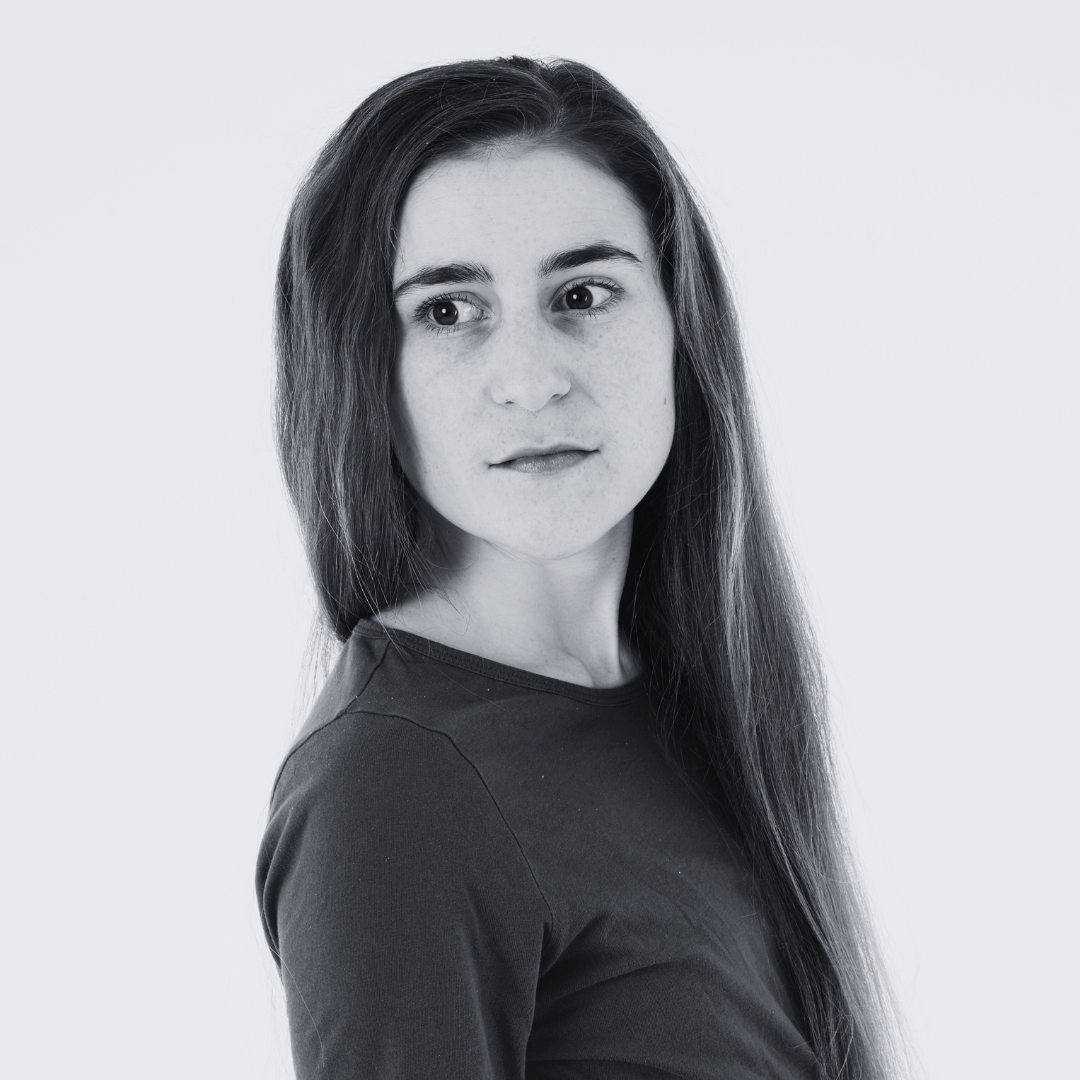In the Hours Immediately After by Catherine Sleeman
Image by eye4dtail for Pexels
Lightning forks the sky open. The road is oil-slick black and its surface swims. You follow the long twist of it with water roaring beneath your pedals and your hands choking the handlebars. You stream down the hills and up them with water roaring down your bike helmet and off your arms. You cycle with water roaring in you and out of you and then arrive nine miles later – utterly wrung out.
You run trays and clean tables and load dishwasher crates. You are excused from serving on the till by colleagues telling you that you shouldn’t have come in. That you can go home. That those hurtled, road-sprayed miles of bike and traffic were not really necessary, not really wanted. That you shouldn’t be alone tonight. As though they know that you are. As though they know how bad you are at loneliness.
The day is long. Longer than it is allowed to be. Longer than spinning on an axis. Like time is an accordion, stretched and unstretched, and full of space.
183,671 other people die, including Queen Elizabeth II.
You stand in the cold white supermarket light and unravel. The directness, the clarity and the confidence of everyone in Lidl is suddenly unbearable. The air outside you is refrigerated, the air inside you is hot with repressed chaos. Everything is too expensive. You can’t find what you need to buy, or maybe you can but you can’t remember what you need to buy other than cereal and there is no cereal. And there are no newspapers because everyone is busy buying them. The basket is empty. The aisles are full. And you almost start crying right there, among the shoppers and magazines and the salted nuts, because there are no newspapers. And it’s not even that you want a newspaper, it’s the knowledge that – in this public tsunami – your grief will be lost. It is the knowledge that September 8th will only ever belong to one woman’s death. You feel a ludicrous, unintelligible rage at the fact that they are all gate-crashing your right to mourn.
And you leave your basket and run out of the supermarket, out the WAY IN, NO EXIT doors, and no one stops you because you are just one small tributary, too small to be any different to the others.
There are phone calls. Are-you-OK-Dad phone calls and I-just-needed-to-have-someone-to-cry-with phone calls and distraction phone calls and best friend phone calls and feeling lost phone calls and I-don’t-know-what-to-do phone calls and I’m-OK phone calls and no-no-don’t-feel-like-you-have-to-come-home-for-my-sake phone calls...behind which the small child in you is crying out, begging not to be abandoned.
You feed the cat twice – evening and morning – change the litter tray. Your hands shaking, your voice full of snot and sadness.
They tell you that the body is gone now. That the undertakers will still let you see it if you want. If you want to say goodbye to the already departed. To be with the body of her. The scientific fact of her. The proof that she is past.
You walk by the primary school at playtime, where September-fresh voices slice across the playground and fill you with the clawing desire to be September-fresh again. To be sharp and shining and unspoilt. To find that perfect reconfiguration of atoms to realign the accordion and start all over. To be nine years old on the second Friday of September again, when the summer was just turning and the sun was like mature cheddar and you won the title of STAR OF THE WEEK and walked home with a plastic tiara in your hair and your hand in her hand. Your hand in her hand, that is the hand that is in the mortuary, that is the hand that you can no longer hold.
You pass through the tunnel below the railway. The one that is too short to be a tunnel but what else is the underside of a bridge if not a tunnel? The one that stands between the primary school and the house. The one that belongs to her and the echoes of her. The echoes of her. The echoes of her that you hold like you hold the tide in a seashell – always absent but never not there.
Catherine (she/her) is a young writer, dancer, and choreographer whose work is often inspired by relationships between people and places, and her love of the natural world. She primarily writes short fiction and creative non-fiction drawing from her experiences of mental illness. This is her first publication.


